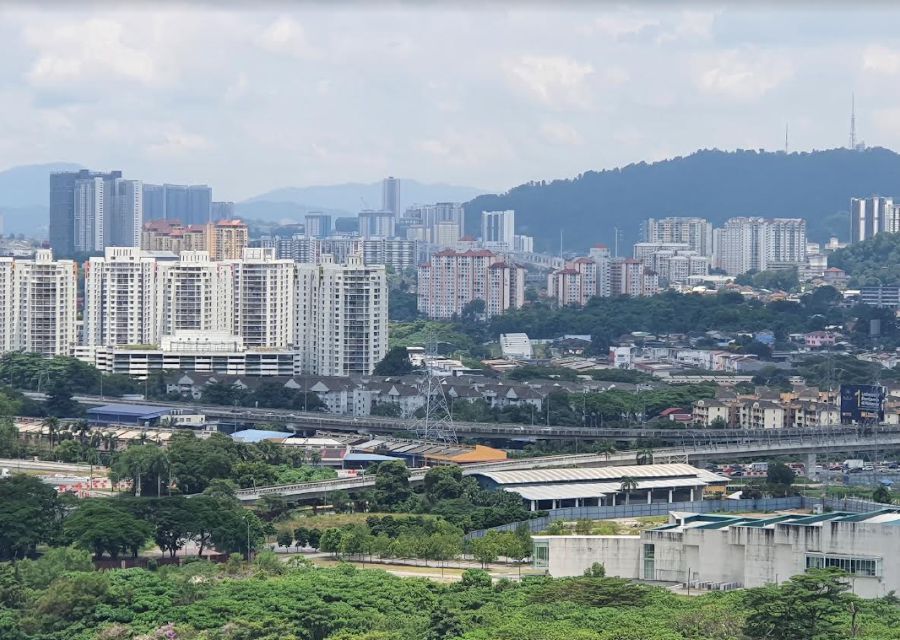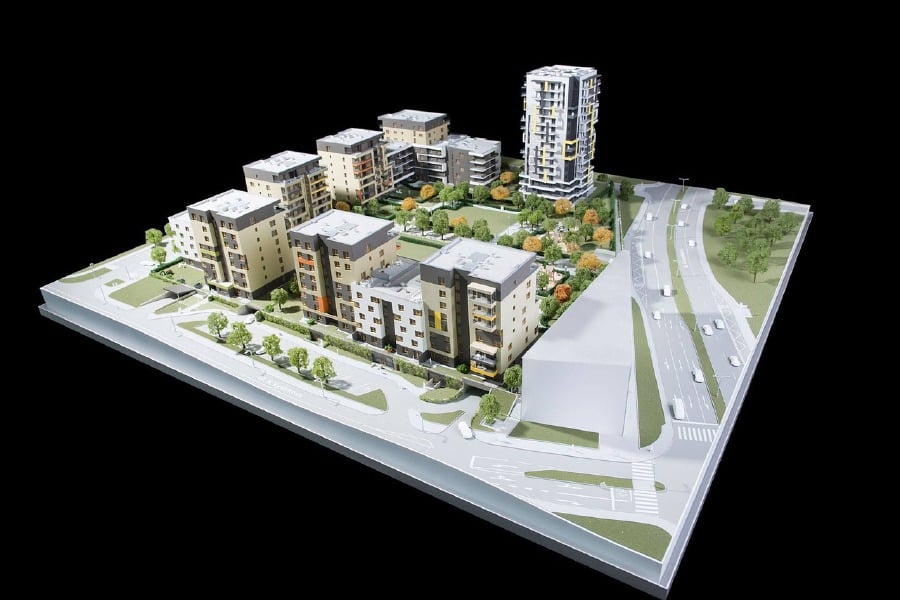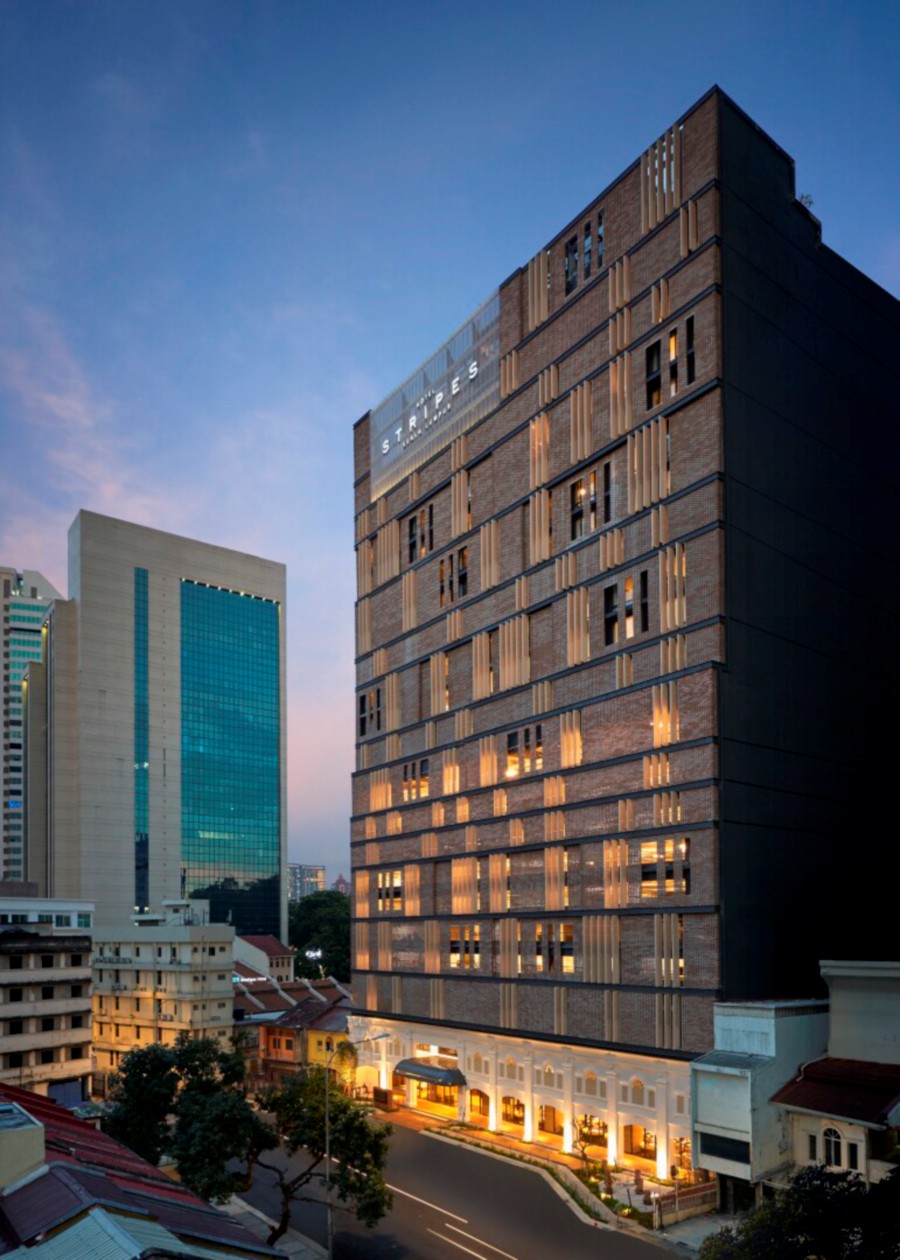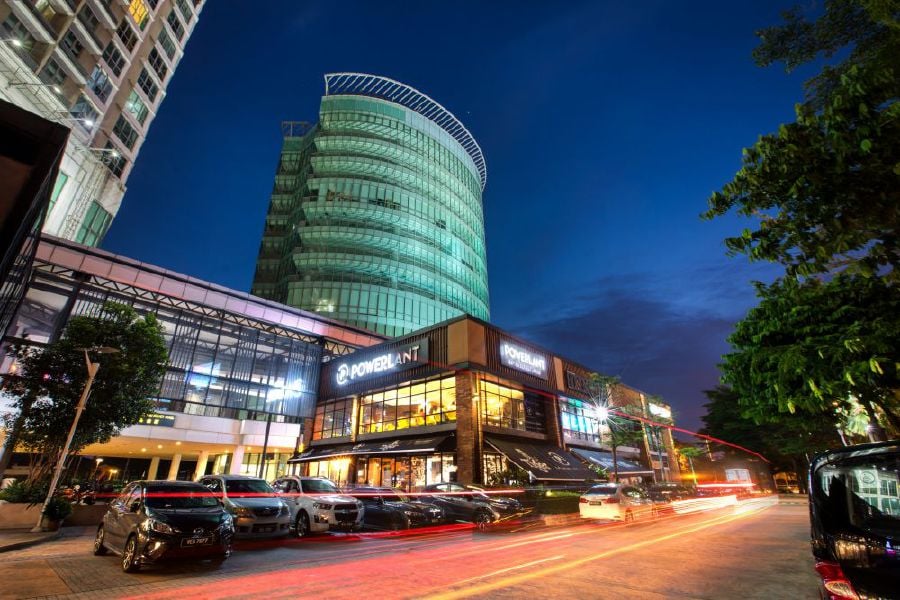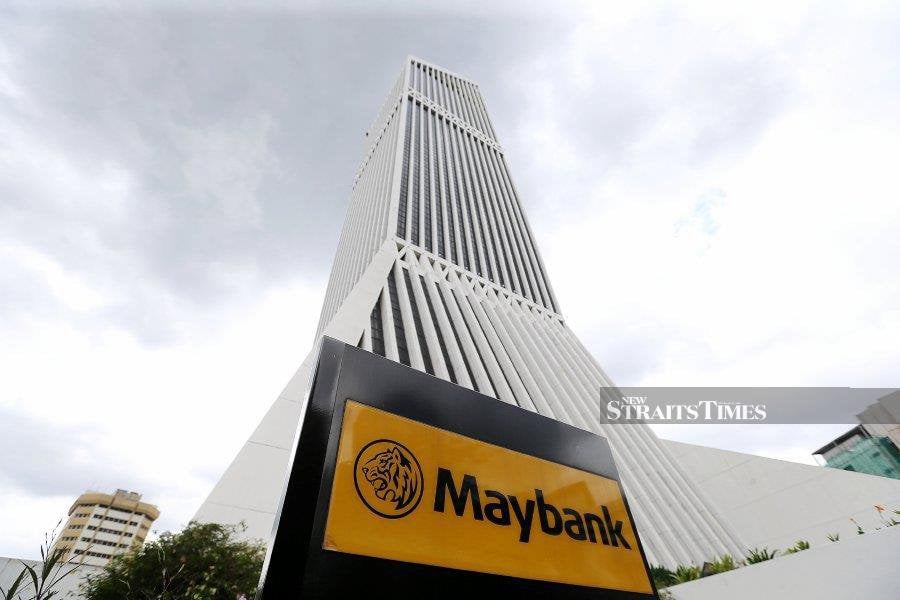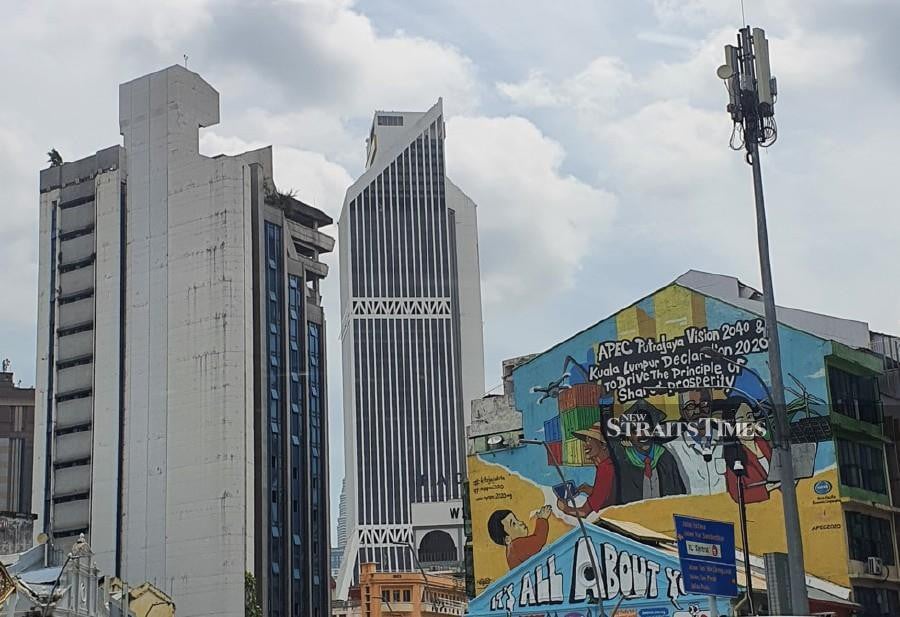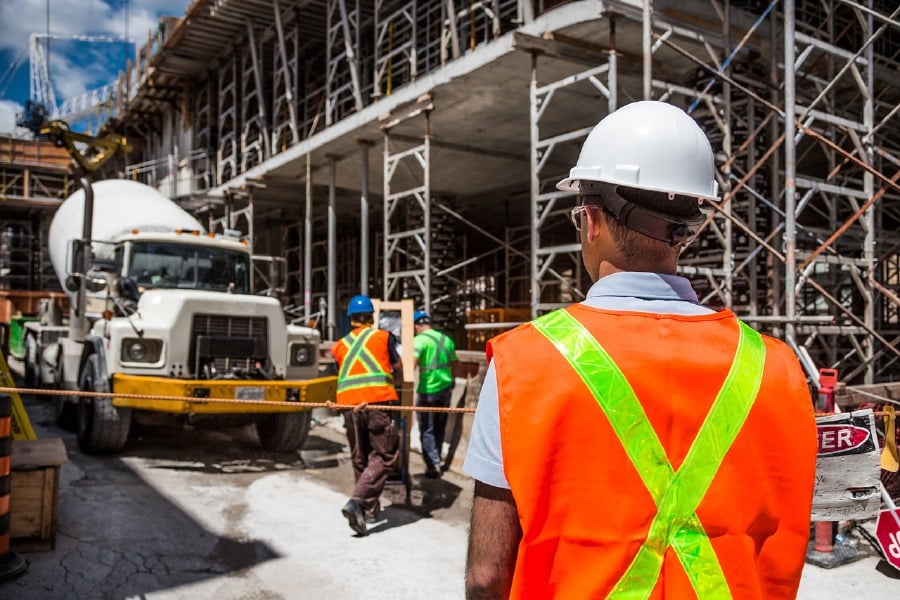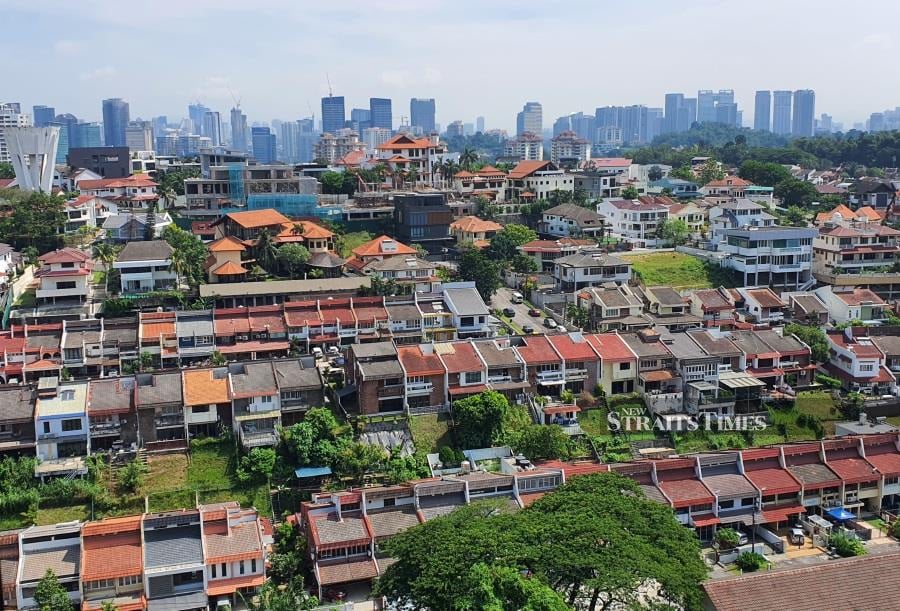By NST Property/Sharen Kaur - September 25, 2023
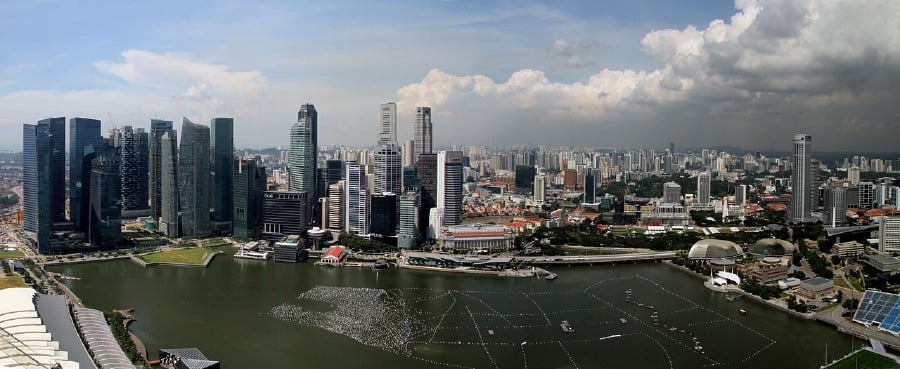
sharen@nst.com.my
KUALA LUMPUR: IOI Group's Lee Yeow Chor and Lee Yeow Seng are among at least 10 Asian billionaires investing over S$6 billion (RM20.6 billion) to build new hotels and expand their operations across the island state following Singapore's robust travel rebound, according to Forbes magazine.
The magazine said that the government expects up to 14 million tourists to visit the country this year, spending some S$21 billion (RM72.1 billion).
According to a report by travel management firm FCM Consulting, these visitors are driving up room rates to all-time highs.
The average room rate this month has risen to S$880 per night, a 27 per cent increase over last year, as the city-state hosts a series of marquee international events such as the Formula One Singapore Grand Prix, according to the report.
Hotels near the Formula One circuit are reportedly able to charge a premium, with room rates at Marina Bay Sands (MBS) rising to around S$2,000 per night during the race weekend of September 15–17, up from S$800 per night last month.
Forbes said that Singapore's main shopping strip, Orchard Road, will house several of the city's newest hotels as part of its revitalisation plan for the surrounding area.
Brothers Yeow Chor and Yeow Seng, who own both IOI Group and IOI Properties Group Bhd, are building a commercial and residential mixed-use hotel in the Marina Bay financial district.
The Marina View Residences, which includes a hotel component with a gross development value of RM8.5 billion (US$1.8 billion), will reportedly go on sale during IOI Properties' current fiscal year, which ends June 30, 2024.
The development will be built on a 7,817-square-metre site purchased from a Singapore government auction in 2021 after a successful RM4.65 billion (S$1.51 billion) bid by Boulevard View, which is wholly owned.
Aside from the Marina View Residences project, IOI Properties plans to finish the IOI Central Boulevard office towers by the end of 2023.
IOI Properties also has a stake in other assets in the city-state. Among the developments are South Beach Development, a mixed-use office and hotel complex across Marina Bay developed in collaboration with billionaire Kwek Leng Beng's City Developments (CDL), and Cape Royale, a luxury condominium project built on Sentosa Island in collaboration with Singaporean tycoon Chua Thian Poh's Ho Bee Land.
According to Forbes, Kwek, chairman of CDL and Hong Leong Group in Singapore, is one of the billionaires building new hotels in Singapore.
Tan Sri Quek Leng Chan, the founder and executive chairman of Malaysia's Hong Leong Group, is Kwek's cousin.
The Kwek/Quek family dynasty is the driving force behind the Hong Leong Group conglomerate, which spans both Singapore and Malaysia, and Forbes Asia ranks them as one of the top 10 richest families in Asia.
According to Forbes, CDL will open Singapore's first Edition Hotel, a 204-room boutique hotel that will be part of the upscale mixed-use development that will also include the Boulevard 88 residential condominium adjacent to the Four Seasons Hotel.
Indonesian developers are also making a mark in the city-state. Pacific Eagle Real Estate, owned by billionaire Sukanto Tanoto, opened its first hotel in Singapore, Mondrian Singapore Duxton, in July for S$400 million (RM1.37 billion) and 304 rooms.
Invictus Developments, owned by Indonesian billionaire Bachtiar Karim, is constructing The Standard, a 143-room boutique hotel near Orange Grove Road. The boutique hotel, which will be located next to the Shangri-La, is set to open next year.
Indonesian billionaire Mochtar Riady's OUE reopened the 1,080-room Hilton Orchard, formerly known as Mandarin Orchard, in February 2023 after extensive refurbishment to reflect Singapore's agricultural heritage.
UOL, Singapore's real estate group, is developing the site of the Faber House building on Orchard Road to turn it into a 19-storey hotel with 200 rooms.
Prior to the current project, the Wee Cho Yaw-controlled group reportedly opened the Pan Pacific Orchard, a 23-story, 347-room luxury hotel that has since become one of UOL's flagship properties.
Choo Chong Ngen, the Singaporean billionaire and owner of the Hotel 81 budget hotel chain, is expanding into mid-tier markets through Choo Worldwide Hotels, which is led by his daughter, Carolyn.
They are purchasing Parkroyal from UOL Group for S$525 million (RM1.8 billion) and rebranding it as Novotel Singapore.
The Como Metropolitan Singapore, a 156-room luxury wellness hotel developed by Singapore-based Como Hotels and Resorts, is set to open this month off Orchard Road.
Christina Ong, the wife of Hotel Properties Ltd managing director Ong Beng Seng, founded Como Hotels and Resorts.
Across Keppel Harbour, billionaire Asok Kumar Hiranandani's Royal Group is working around the clock to finish the luxurious all-villa Raffles Sentosa Resort and Spa on Sentosa Island in time for its grand opening next year.
In addition, Royal Group intends to convert the Ming Arcade, an ageing shopping mall on Cuscaden Road near Orchard Road, into a boutique hotel.
On the same street, Pansy Ho's Shun Tak Holdings will open the 142-room Artyzen Singapore in November, complete with a rooftop garden and a 25-meter cantilevered infinity pool.
Source: https://www.nst.com.my/property/2023/09/959395/asias-richest-including-ioi-group-brothers-ramp-hotel-investments-spore


